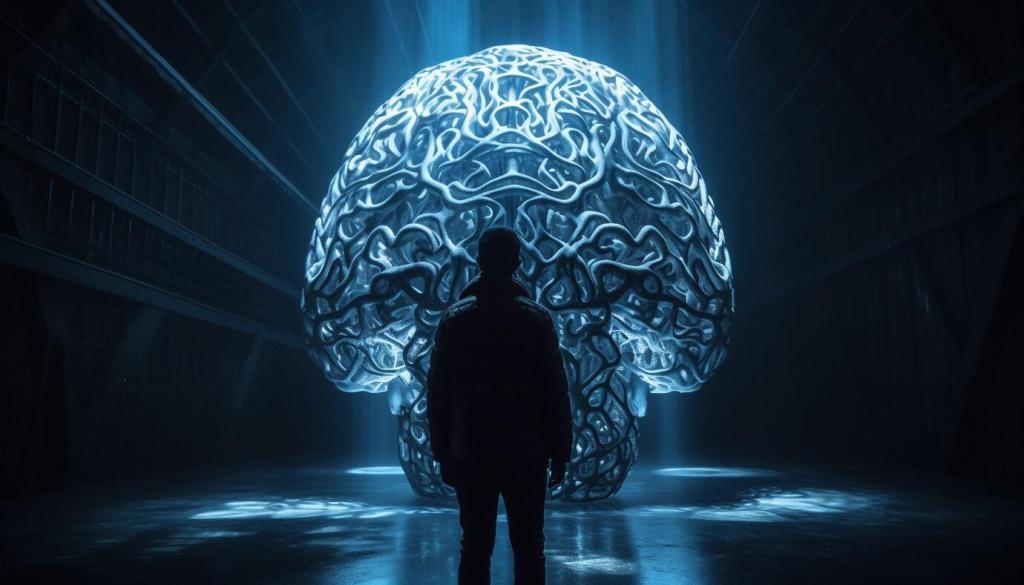Psychological Thriller Movies: A Deep Dive into the Genre
Psychological thriller movies occupy a unique and potent space within the film industry, combining the cerebral complexities of the human psyche with suspenseful storytelling that keeps viewers on the edge of their seats. These films delve into the delicate interplay between reality and perception, often blurring the lines to evoke tension, fear, and intrigue. Rather than relying merely on terrifying visuals, psychological thrillers masterfully weave intricate plots, multidimensional characters, and mind-bending twists. Here, we venture into the world of psychological thrillers, exploring the elements that define this genre, tracing its origins, analyzing the craft behind notable films, and understanding its lasting impact on audiences across the globe.
Literary Roots
Early Cinema Experiments
The Genre’s Growth Through Decades
Key Elements that Define the Genre
Alfred Hitchcock: The Master of Suspense
David Fincher’s Modern Vision
International Voices
Iconic Films and Their Lasting Legacy

“Psycho” and the Birth of Modern Thrills

“Se7en” and the Descent into Darkness

“The Silence of the Lambs” and Iconic Villainy
Exploring the Psychological: What Makes These Films Tick?
Fear of the Unknown
Unraveling Identity
Obsession and Paranoia
The Role of Sound and Visuals in Heightening Tension
The Power of Sound Design

